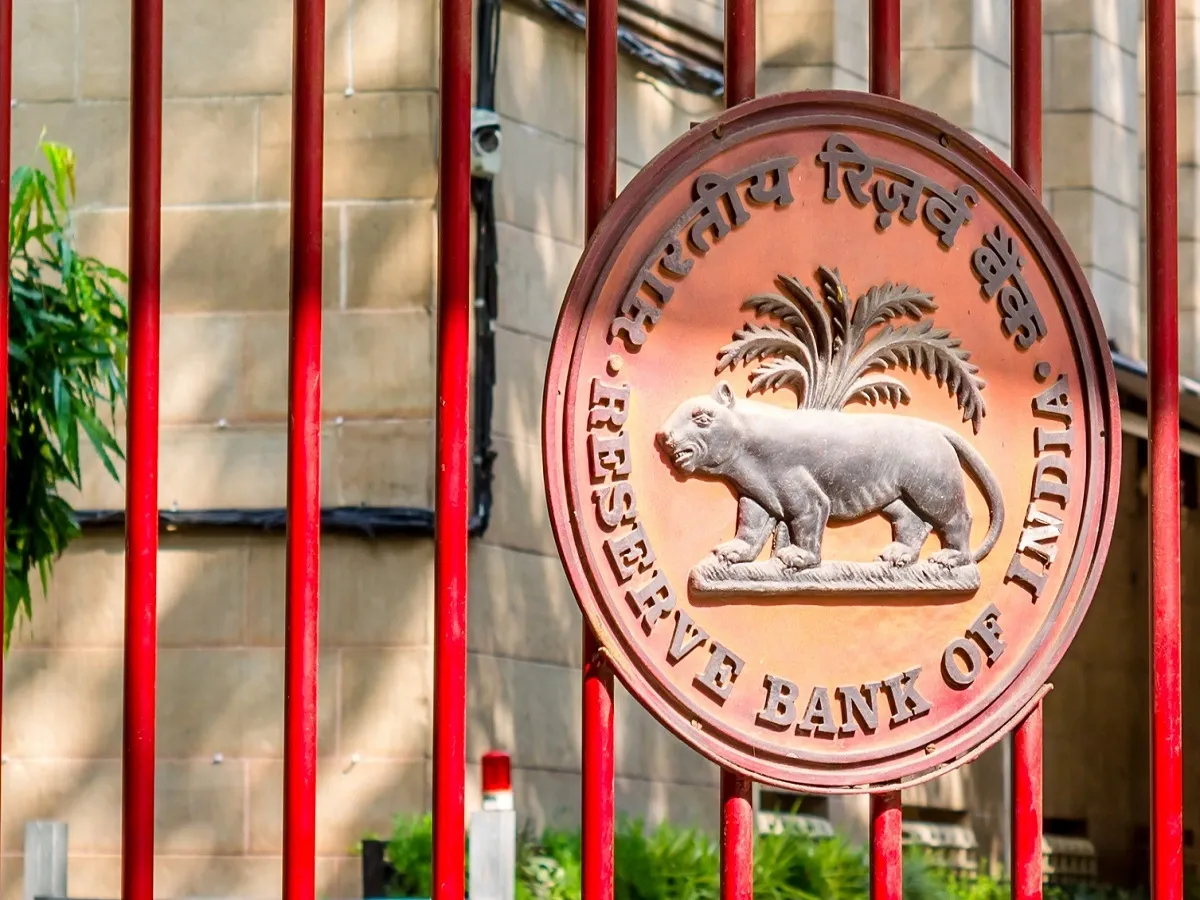Business News
RBI framework for SROs: Eligibility to minimum net worth, key points explained
.png)
3 min read | Updated on August 21, 2024, 11:55 IST
SUMMARY
The framework prescribes the broad objectives, functions, eligibility criteria, governance standards, membership criteria and other terms and conditions to be followed by the SROs for grant of recognition by the Reserve Bank.

The SROs are to be set up as a not-for-profit company registered under Section 8 of the Companies Act, 2013 (Representative image/Shutterstock)
The Reserve Bank of India (RBI) has released a framework for the setup and governance of Self-Regulatory Organisations (SROs) in financial markets.
The framework, shared in a release issued on Monday, is based on the 'Omnibus Framework for recognising SROs for Regulated Entities', issued by the RBI on March 21, 2024, with "necessary amendments to reflect the specificities and characteristics of SROs for financial markets".
The framework prescribes the broad objectives, functions, eligibility criteria, governance standards, membership criteria and other terms and conditions to be followed by the SROs for grant of recognition by the Reserve Bank.
First, what are SROs?
According to the RBI, an SRO is a "sufficient authority which is derived from membership agreements or Articles of Association to set ethical, professional and governance standards and enforce these standards on its members".
Notably, the term 'members' used in RBI's framework refers to the market participants and authorised market infrastructure providers which accept the membership of the SRO.
"It should have strong governance mechanisms, including focus on independent board, transparency, and adherence to well-defined processes," the central bank added in its release.
Eligibility criteria
The SROs are to be set up as a not-for-profit company registered under Section 8 of the Companies Act, 2013. The applicant must have minimum net- worth of ₹10 crore and should possess or have the ability to create infrastructure to enable it to discharge responsibilities of an SRO on a continuing basis.
Where applicable, the shareholding of the SRO should be sufficiently diversified, and no entity shall hold 10% or more of its paid-up share capital, either singly or acting in concert, as per the framework.
Mix of members
The applicant must adequately represent the sector with a "good mix of members" across different types and sizes of entities. If representation is inadequate at the time of application, a roadmap, not exceeding two years, should be included for achieving adequate representation within a reasonable timeline, the RBI noted.
"Failure to demonstrate or attain comprehensive membership would result in refusal or revocation of recognition," it further said.
The framework further requires the SROs to ensure that the membership of their organisations is "voluntary".
'Fit and proper'
"The applicant must be fit and proper for the grant of recognition as an SRO," the RBI stated.
As an SRO, it is expected to operate with transparency, professionalism and independence, in order to "foster greater confidence in the integrity of the sector", it added. Compliance with the highest standards of governance is a pre-requisite for an effective SRO, the banking sector regulator further noted.
By signing up you agree to Upstox’s Terms & Conditions
About The Author
Next Story

